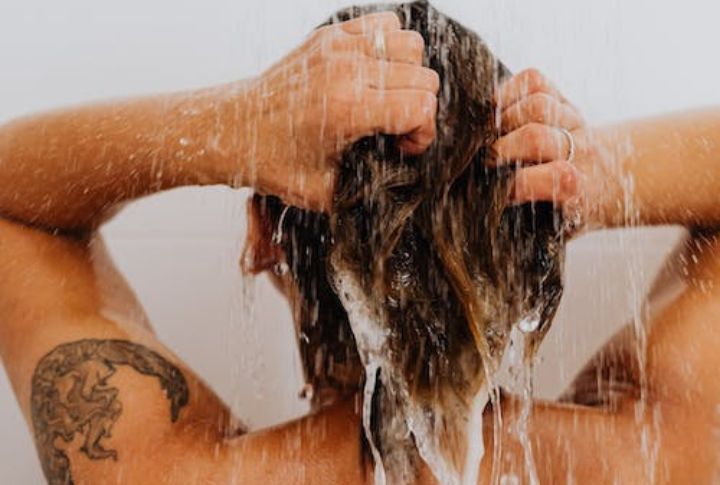
Hair care routines vary widely among individuals, depending on their hair type, scalp health, and lifestyle. One question that often arises is, “How often do you need to wash your hair?” While there’s no one-size-fits-all answer, understanding a few key considerations can help tailor a hair grooming regimen to suit individual needs.
Is Daily Washing Necessary?
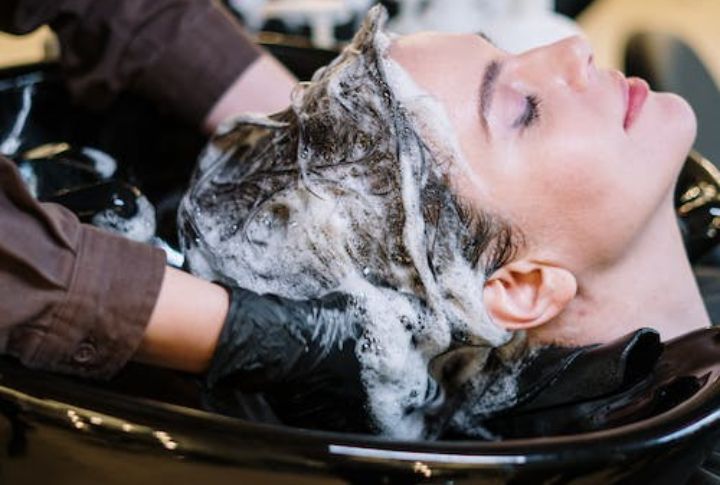
Daily washing isn’t a blanket recommendation. The frequency largely depends on factors such as scalp oil production. While some may benefit from daily cleaning, others may find it excessive and potentially harmful to their hair’s health.
Consider Hair Type

The type of hair you have significantly influences how often you should cleanse it. Oily hair may require more regular cleaning to manage excess oil production, while dry or chemically treated hair may benefit from less washing to prevent further dryness.
Age and Hair Care
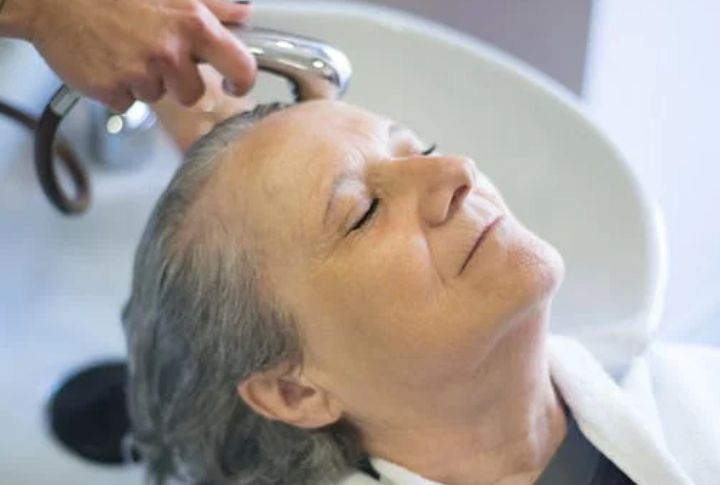
As we age, our scalp’s oil production tends to decrease. Therefore, older individuals may not need to wash their hair as frequently as younger ones. However, factors such as dandruff or scalp issues may necessitate more recurring rinsing regardless of age.
Guidelines for Children

Children’s hair hygiene varies based on age, hair type, and activity level. The practice must be tailored to meet the specific needs of a child’s hair.
Scalp Health Matters
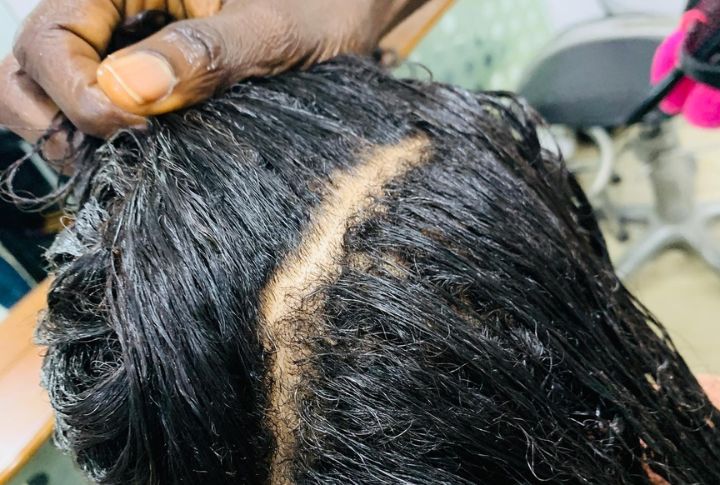
Monitoring scalp strength is vital in determining the frequency of cleansing. Issues such as dandruff or excess sebum production may indicate the necessity for more daily shampooing to maintain optimal hygiene.
Impact of Activity on Hair Care

Physical activity and sweating can increase the need for more persistent hair moisturizing. Those with an active lifestyle may need to adjust the amount accordingly to keep their scalp clean and in good condition.
Choosing the Right Products

Choosing the right shampoo and conditioner customized for your hair type and status is essential. Using the right products can significantly contribute to maintaining and enhancing hair texture.
Signs You’re Not Cleansing Enough
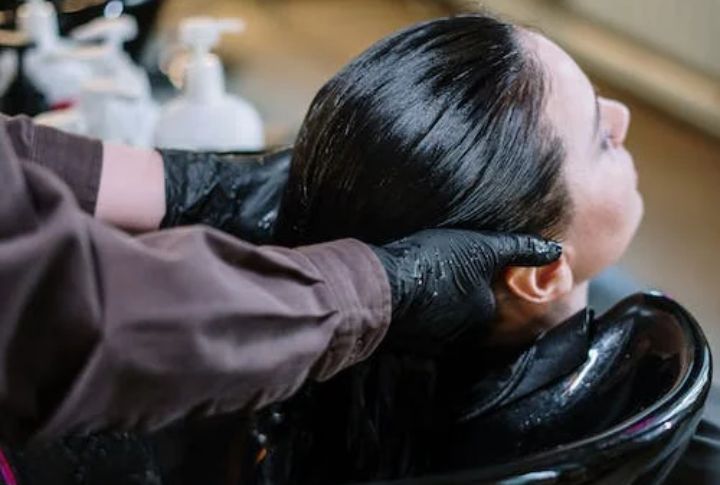
Greasy, oily hair, along with visible dirt or scalp odor, are indicators that you may not be cleaning your hair regularly enough. Paying attention to these signs is essential to maintaining healthy hair.
Signs of Overdoing Hair Care

Conversely, dry, dull, or brittle hair and an irritated or itchy scalp may suggest that you’re drenching your hair too often. Balance is paramount to managing hair fitness.
Consistent Refreshing Habits

Research indicates that consistent refreshing rituals can significantly influence growth rates over time. Achieving and sustaining the appropriate equilibrium between refreshing regularly is essential for promoting overall well-being and holistic hair development.
Strategies to Wash Less Often
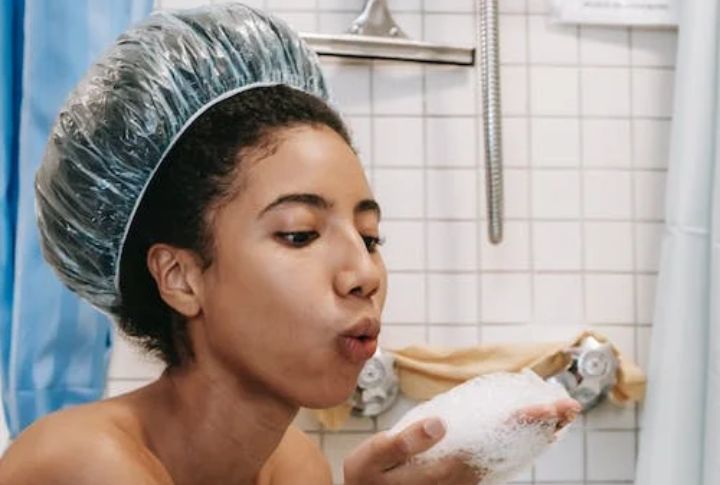
Implementing effective strategies to reduce scrubbing frequency, such as periodically rinsing with water or incorporating dry shampoo, can help maintain scalp wellness and minimize the need for chronic washing, contributing to overall hair health.
Managing Between Washes

Managing hair and scalp cleanliness between cleansing is key to preserving overall hygiene. Rinsing as needed, exploring suitable shampoo options, and incorporating treatments can significantly contribute to nurturing hair wellness and longevity.
Customize Routine
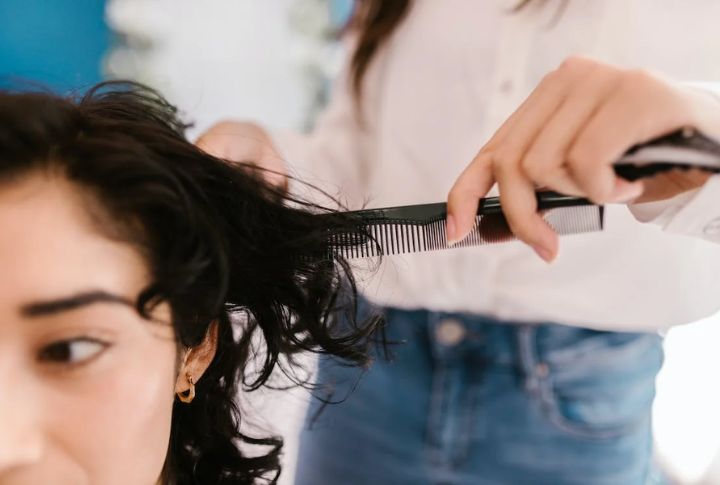
Tailoring moisturizing intensity to match hair and scalp state is crucial for optimal nourishment. Listening to hair’s needs and seeking professional advice when necessary can aid in refining a good hair fitness routine.
Maintaining Hair Health

Finding the right washing frequency is crucial for keeping your hair healthy. Prioritizing scalp well-being and investing in quality hair maintenance products can contribute to sustaining vibrant and resilient hair.
Water Quality
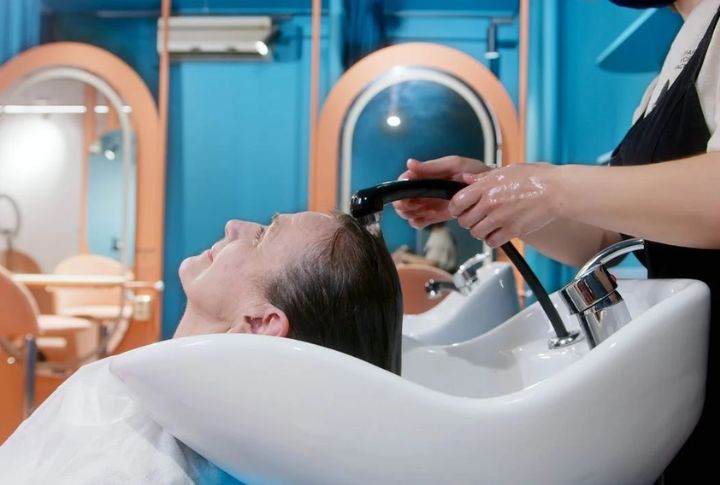
The quality of the water in your area can impact hair porosity. Water containing elevated levels of minerals like calcium and magnesium, commonly known as hard water, may deposit minerals on the scalp and hair, resulting in dryness and a lackluster appearance. In contrast, soft water may require less habitual sanitizing as it rinses away more easily without leaving residue.


Comments
Loading…